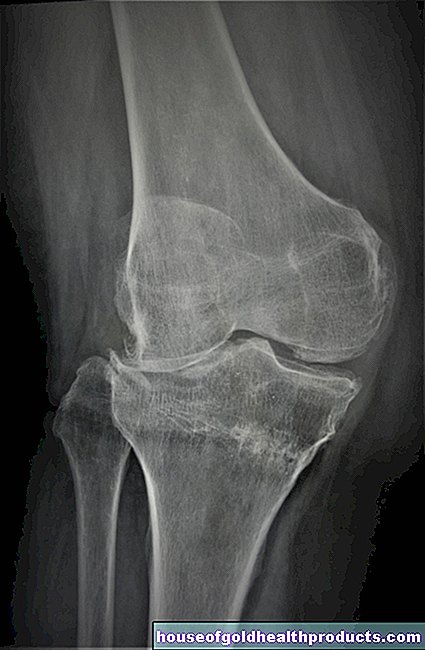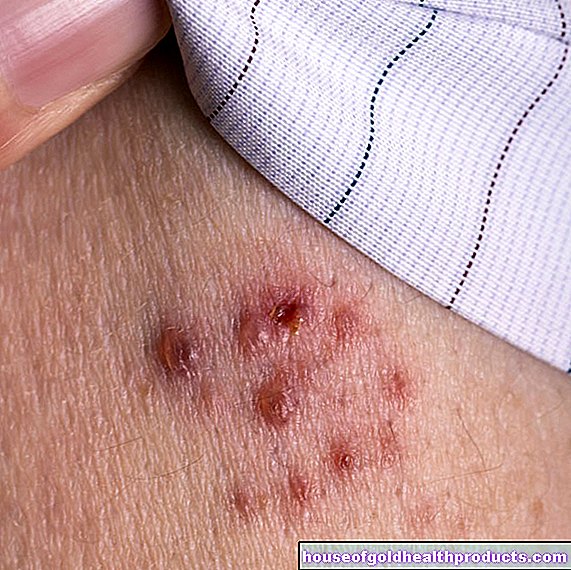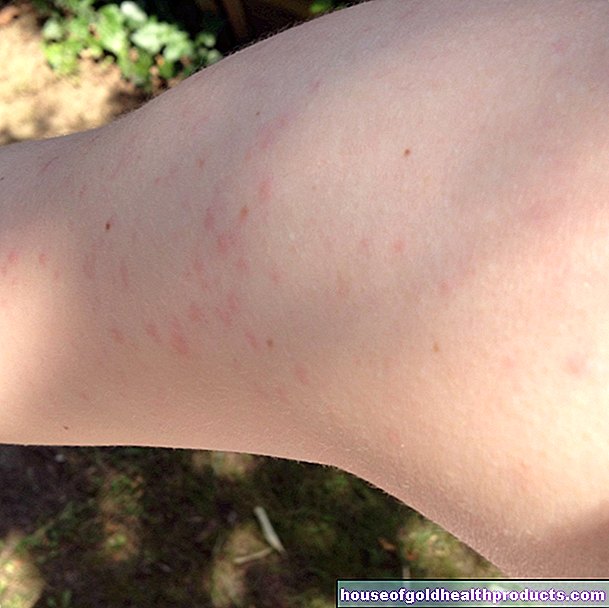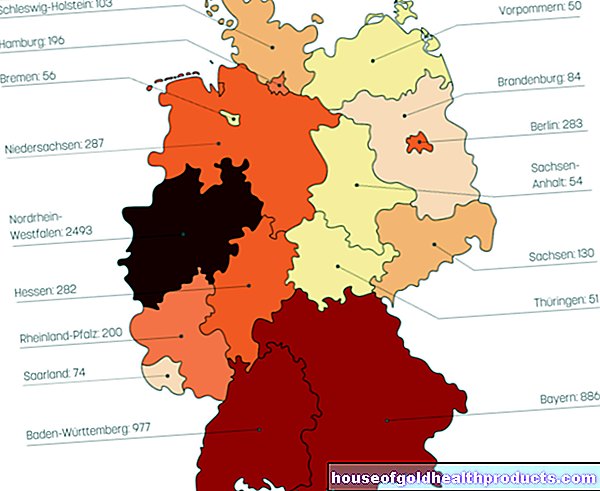Is the West Nile Virus establishing itself in Germany?
Lisa Weidner studied German and sociology and completed several journalistic internships. She is a volunteer at Hubert Burda Media Verlag and writes for the "Meine Familie und Ich" magazine and on nutrition and health topics.
More about the experts All content is checked by medical journalists.
With the summer the mosquitos come. Some species can now also transmit tropical diseases to humans in Germany - for example West Nile fever. The first evidence of this was available in 2019. Experts speculate that this could happen again if the summer was warm and long.
The Robert Koch Institute (RKI) considers infection with the tropical disease West Nile fever to be permanently possible in Germany. Experience with the pathogen in southern European countries suggests that West Nile fever will establish itself in Germany and will probably continue to spread, according to the institute's latest epidemiological bulletin.
Long summers with high temperatures in particular can contribute to a lengthened season and further spatial expansion.
The West Nile virus is a pathogen originating in Africa that is also spread to Europe by migratory birds. The virus is mainly transmitted between wild birds by mosquitoes. Mosquitoes infected by birds can also transmit the pathogen to mammals - especially horses - and humans. In contrast to birds, horses and humans cannot become sources of viruses for mosquitoes.
How is the virus transmitted?
The pathogen is apparently able to overwinter in Germany, according to the RKI bulletin. The virus was detected in birds and horses in 2018. In 2019 there were five diagnosed human infections for the first time in late summer in eastern Germany, which were probably due to mosquito transmission in Germany. The virus was registered in patients in Berlin, Saxony-Anhalt and Saxony. The RKI regards the heat-favored area on the Upper Rhine as a further risk area.
The pathogen can be transmitted in Germany by the widespread mosquitoes of the genus Culex. In southern Europe it has been transmitted in summer for a long time and can also hibernate there.
Before 2019, infections were only found in travelers after their return to Germany. The virus is spread in Africa, Israel, Western Turkey, the Middle East, India, parts of Southeast Asia and now also in North and parts of Central America. There was evidence that seven German citizens were infected abroad in 2019. No deaths were reported.
What are the symptoms?
Since only a small proportion of the infected show symptoms and generally only about one in 100 infected people becomes seriously ill, the RKI assumes that there are further undiagnosed infections. With the obligation to report since 2016, a disproportionately high frequency of severe courses could now be discovered, because laboratory diagnostics are rarely initiated in the case of minor illnesses. People of old age or with immunodeficiency are particularly at risk.
After infection, around a fifth of those infected develop a feverish, flu-like illness that lasts for about three to six days. The onset of the disease is abruptly associated with fever, chills, headache and back pain, fatigue and swelling of the lymph nodes. In rare cases, encephalitis develops.
How do I best protect myself?
Doctors should also think about West Nile fever, especially in summer and late summer in areas with evidence of the virus, advises the RKI. Transmission is also possible through organ transplants, blood transfusions and during pregnancy.
So far there is no vaccine. That is why mosquito repellent is considered the best tool. In places with a lot of mosquitoes, this includes wearing long-sleeved shirts or blouses and long trousers, using sprays, using mosquito nets and window bars. (lw / dpa)
Tags: menopause parasites desire to have children





























